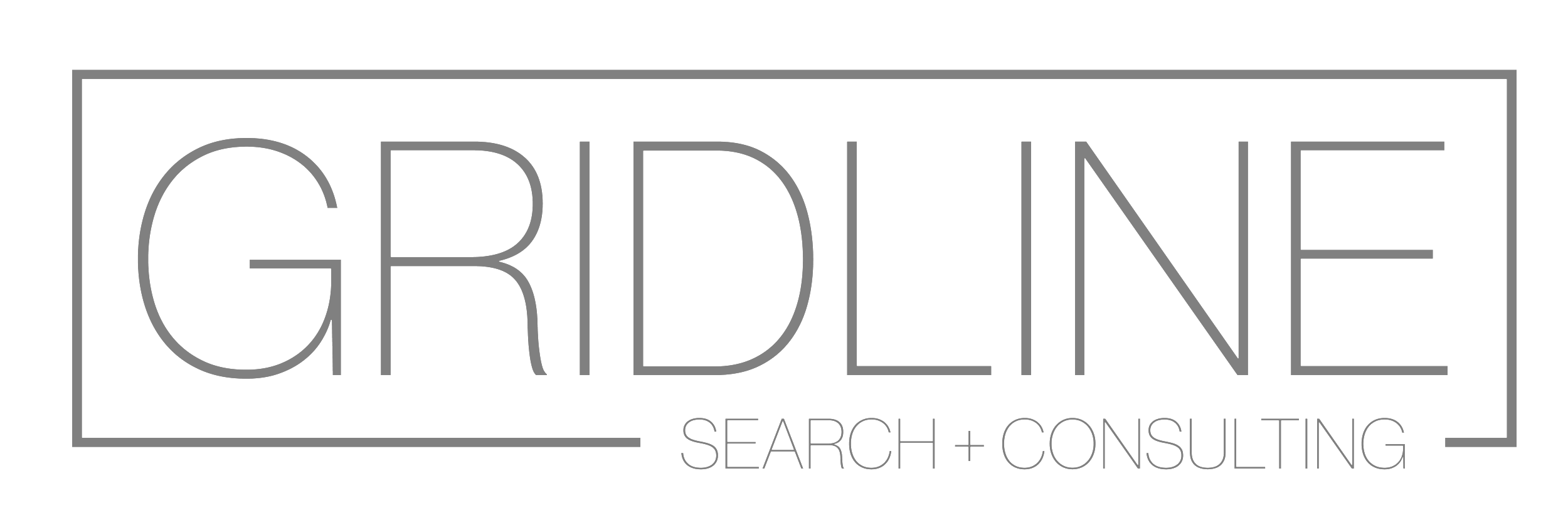The 3 Essentials for Law Firm Interview Preparation
Law firm interviews are very conversational. You could talk about one deal you did for an entire interview. You could end up talking about your favorite sports team or hobby for awhile. You could have an interview where they just answer your questions the whole time. You could spend half the time on small talk about the weather and how you got to the interview that day. As a result, candidates often think they don't need to (or worse, shouldn't) prepare. "I can't expect what exact questions they will ask, so better to not prepare and seem natural and unreharsed, right?" Wrong.
There are ways to strategically prepare for a conversational interview while making sure you don't sound rehearsed.
Here are three essential tips:
Annotate your resume with brief outlines of your professional stories. Much of the conversation in a law firm interview requires that you speak articulately about the work that you have done. Even if someone asks you a behavioral question like "What's your biggest weakness?" or "What role do you take on group projects?," you should answer with an example of a professional story. By writing out your work as individually outlined professional stories, you help ensure that you will stay focused in an interview while not sounding like you are reading from a script. Each story outline should have three components: (i) the headline summary and objective of the project you were working on, (ii) the specific tasks that you completed in order to finish the project, and (iii) the ending/result of the project. Outline a bunch of stories underneath a variety of categories - a personal failure, a group failure, an entreprenuerial success, etc., as well as stories that match the qualifications saught in the job description.
Write a paragraph on why you want the job. This may sound unnecessary or duplicative of a previously submitted cover letter, but it is essential. Interviewers want to know why you want to work with them; they want to see your drive and passion for the job. Write down what draws you to the new opportunity as specifically as possible (and not what is pushing you away from your current job, as going negative rarely wins over an interviewer). If you don't get a question where you can convey this sentiment, find the time to do it. When your time is up and you have to leave, don't just say thank you and rush out - take a moment to say something like "Before I go, I want to say that I have been looking for an opportunity that offers frequent opporunities to appear in federal court. So this position is exactly what I am looking for, and I am confident I will be an asset to your team."
Think of one good work-oriented question for each interviewer. If an interviewer asks you if you have any questions, you should always have something prepared. But instead of going through a list of logistical questions about the search timeline, benefits package, etc., think of one good work-oriented question that will kick of a new conversation. Even something simple like "Can you tell me a little bit about the most recent deal you closed?" can be a great way to start. Listen to your interviewer's response and think of good follow-up questions to keep the conversation going. It's another way of showing that you are genuinely interested in the work and the job.
Of course, when it comes to conversational law firm interviews, there's no way to anticipate every question that can come your way. However, if you follow these prep essentials, you'll be ready to go into that interview with the most important interview essential: confidence.
